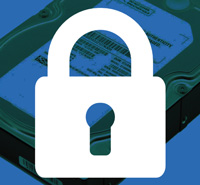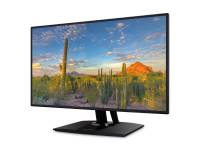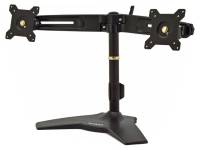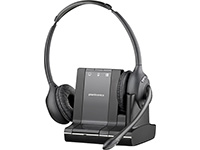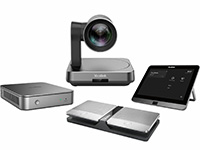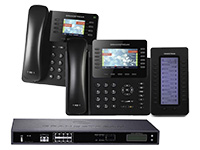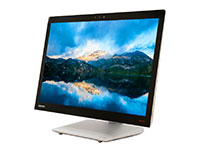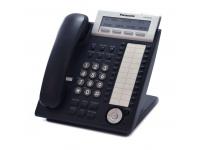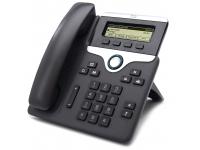VOIP Phone
A VoIP phone is a communication device that allows users to make calls over an internet connection instead of traditional physical telephone lines. A modern VoIP phone service converts voice into digital data packets and sends them online, making calls cheaper, more flexible, and far more feature-rich than older phone systems. It also makes international calls significantly more affordable for businesses and individuals.
In the past, VoIP systems were problematic due to poor internet connectivity, office networks, device quality, and inconsistent implementation. Today, all of these factors have matured. As a result, a reliable VoIP phone service now offers superior quality, lower costs, and advanced features compared to traditional hard-wired digital systems.
What does VoIP stand for?
VoIP stands for Voice over Internet Protocol — an internet-based communication technology that uses a digital network instead of traditional phone lines.
A modern VoIP phone service allows users to make high-quality VoIP calls from virtually anywhere with an internet connection. It’s a flexible and cost-effective option for individuals and organizations alike.
For busy executives, wireless VoIP systems offer mobility, touchscreen, and advanced call features, and seamless integration across devices. Using an IP phone, businesses can streamline communication, reduce costs, and scale more easily than with legacy phones.
Frequently Asked Questions
Do VoIP phones work during power outages?
VoIP phones rely on both internet connectivity and electrical power to operate. Without backup power or a battery-supported system, calls may be interrupted.
Since a VoIP phone service depends on the network, a power outage can affect a wireless setup and your ability to make or receive calls, even over WiFi. However, some systems allow forwarding calls to other devices like mobile phones, ensuring minimal disruption.
Whether you're using a traditional desk phone or a modern IP phone, having a backup solution is essential to maintain communication during outages.
What’s the difference between a VoIP phone and a traditional analog phone?
A VoIP phone service connects through the internet and offers advanced digital features, while traditional analog phones rely on copper telephone lines with limited capabilities.
VoIP systems like the Cisco 7832 Multi-platform Conference VoIP Phone support functions like voicemail, call forwarding, and integration with other devices, making them ideal for the modern office.
A user can place or receive calls using a desk phone, mobile app, or even an IP phone, all operating over IP networks instead of analog signals.
Can I keep my existing phone number with a VoIP phone system?
Yes, most phone service providers that offer VoIP systems support number porting, allowing you to retain your current phone number.
This flexibility is especially useful for busy executives who need consistent contact details across platforms. With VoIP, you can continue to receive VoIP calls, maintain caller ID settings, and connect seamlessly through conference phones without changing your number.






